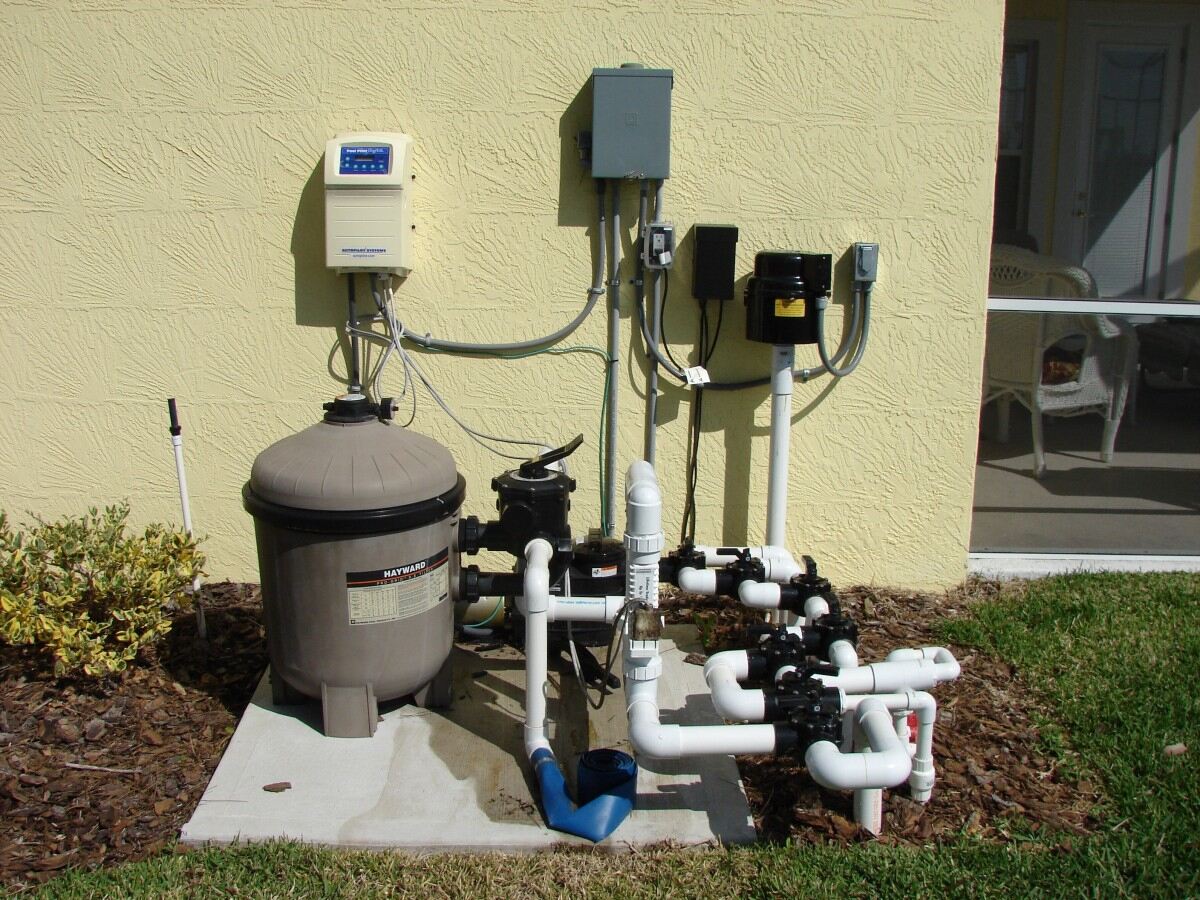

Articles
How To Store Pool Equipment
Modified: October 20, 2024
Discover effective ways to store your pool equipment with our helpful articles. Keep your pool area organized and your equipment in great condition for longer.
(Many of the links in this article redirect to a specific reviewed product. Your purchase of these products through affiliate links helps to generate commission for Storables.com, at no extra cost. Learn more)
Introduction
When it comes to owning a pool, proper maintenance and care of the equipment is essential for its longevity and performance. One aspect of maintenance that is often overlooked is the storage of pool equipment. Whether it’s pool chemicals, cleaning tools, or flotation devices, having a designated storage area can help keep your pool equipment organized, protected, and easily accessible.
In this article, we will guide you through the process of storing your pool equipment effectively. We will cover everything from assessing your pool equipment to proper storage for chemicals, cleaning tools, toys, floats, and pool covers. By following these tips, you can ensure that your pool equipment stays in good condition and is readily available whenever you need it.
Key Takeaways:
- Proper storage of pool equipment is crucial for longevity and performance. Assess, clean, and organize your pool chemicals, cleaning tools, toys, floats, and covers to ensure they remain effective and easily accessible.
- Regular maintenance and proper storage of pool equipment are essential for a safe and organized pool maintenance area. Follow guidelines for storing chemicals, cleaning tools, toys, floats, and covers to prolong their lifespan and ensure optimal performance.
Read more: How To Store Dolphin Pool Cleaner
Assessing Your Pool Equipment
Before you begin organizing and storing your pool equipment, it’s important to assess what you have and determine its condition. Start by gathering all your pool equipment in one place, including chemicals, cleaning tools, toys, floats, and covers.
Inspect each item for any signs of damage or wear. Check for broken handles or attachments, leaks in chemical containers, or tears in pool covers. It’s essential to address any issues before storing the equipment to prevent further damage.
Next, consider whether you have any equipment that is no longer necessary or functional. Dispose of any broken or unused items to free up space and make storage more efficient.
Take note of the size and quantity of your equipment to determine how much storage space you will need. This will help you choose the right storage containers or cabinets to accommodate all your pool equipment.
By assessing your pool equipment, you can identify any maintenance or replacement needs and ensure that you have the appropriate storage solutions to keep everything organized and protected.
Proper Storage for Pool Chemicals
Pool chemicals play a crucial role in maintaining the cleanliness and hygiene of your pool. However, it’s important to store them properly to ensure they remain effective and safe to use. Here are some tips for storing pool chemicals:
- Choose a well-ventilated area: Pool chemicals should be stored in a cool, dry, and well-ventilated area, away from direct sunlight. Avoid storing them in areas prone to extreme temperatures as this can affect their potency.
- Use proper containers: Pool chemicals should always be stored in their original, tightly sealed containers. If the original container becomes damaged or compromised, transfer the chemicals to a new container that is specifically designed for storing chemicals.
- Keep chemicals separate: Different pool chemicals should never be stored together as they can react with one another and cause dangerous reactions. Always keep chemicals separated and clearly labeled to avoid accidental mixing.
- Organize with shelving or cabinets: Invest in shelving or cabinets with adjustable or dedicated compartments to store your pool chemicals. This will help you keep them organized and easily accessible, reducing the risk of spills or accidents.
- Secure storage: Ensure that your chemical storage area is secure and out of reach of children and pets. Consider installing childproof locks or latches on cabinets or using elevated shelves to keep chemicals safely away from curious hands or paws.
- Follow manufacturer’s instructions: Always read and follow the manufacturer’s instructions for storing specific pool chemicals. Each chemical may have its own storage requirements, including temperature ranges and shelf life.
- Monitor expiration dates: Pool chemicals have an expiration date, and using expired chemicals can be ineffective or even dangerous. Regularly check the expiration dates of your pool chemicals and dispose of any expired products safely.
By following these guidelines, you can ensure that your pool chemicals remain potent and safe to use, reducing the risk of accidents or damage to your pool equipment.
Storing Pool Cleaning Tools
Keeping your pool clean is essential for maintaining water clarity and preventing the build-up of debris and algae. To ensure your pool cleaning tools are in good condition and easily accessible when needed, it’s important to store them properly. Here are some tips for storing pool cleaning tools:
- Rinse and dry: Before storing your pool cleaning tools, make sure to rinse them thoroughly to remove any leftover debris or chemicals. Allow them to dry completely to prevent the growth of mold or mildew.
- Store in a clean, dry area: Find a clean and dry storage area for your pool cleaning tools. Avoid storing them in areas prone to moisture, as this can cause rust or corrosion.
- Hang or store vertically: Whenever possible, hang your pool cleaning tools on a sturdy wall rack or hook. This helps to prevent them from being damaged or bending under their own weight.
- Use a storage caddy or bin: For smaller cleaning tools like brushes, nets, or vacuums, consider using a storage caddy or bin with compartments. This will keep them organized and prevent them from getting tangled or damaged.
- Label or color-code: If you have multiple types of cleaning tools, consider labeling or color-coding them for easy identification. This will save you time when searching for specific tools and ensure that each tool is used for its designated purpose.
- Keep chemicals separate: Avoid storing pool cleaning tools together with pool chemicals. Chemicals can cause damage to certain materials or corrode metal parts of the tools. Store them in separate areas to prevent any potential chemical interactions.
- Check and replace worn parts: Regularly inspect your pool cleaning tools for any signs of wear or damage. Replace worn or broken parts to ensure optimal performance and longevity of the tools.
By following these tips, you can maintain the quality of your pool cleaning tools and save time and effort when it comes to keeping your pool clean and sparkling.
Store pool equipment in a dry, well-ventilated area to prevent rust and corrosion. Hang pool brushes and skimmers to air dry before storing to prevent mold and mildew. Keep chemicals in a cool, dry place away from direct sunlight.
Organizing Pool Toys and Floats
Pool toys and floats bring endless fun and entertainment to your poolside experience. However, if they are not properly organized and stored, they can become a safety hazard and take up valuable space. Here are some tips for organizing pool toys and floats:
- Clean and dry: Before storing pool toys and floats, make sure to clean them thoroughly with mild soap and water. Rinse off any chlorine or saltwater residue. Allow them to air dry completely to prevent the growth of mold or mildew.
- Sort by type: Group similar toys and floats together based on their type. This could include pool noodles, inflatable rafts, dive sticks, water guns, and so on. Sorting them will make it easier to find and retrieve specific items when needed.
- Use storage bins or mesh bags: Invest in large storage bins or mesh bags to hold and organize your pool toys and floats. These containers allow for proper air circulation, preventing them from becoming damp or musty.
- Label or color-code: If you have a wide variety of pool toys and floats, consider labeling or color-coding the storage bins or bags. This will make it easier for you and your children to know where each specific toy or float belongs.
- Designate a specific area: Choose a designated area in your pool storage area or garage for the pool toys and floats. Having a dedicated space will help keep them organized and prevent them from spilling over into other areas.
- Utilize wall or ceiling storage: If you have limited floor space, consider installing hooks or racks on walls or ceilings to hang pool noodles or inflate floaties. This will maximize your storage space and keep your pool area tidy.
- Regularly inspect and discard: Regularly inspect pool toys and floats for any signs of wear, damage, or deflation. Discard any items that are no longer safe to use to avoid accidents or injuries.
By organizing and storing your pool toys and floats properly, you can keep them in good condition, prolong their lifespan, and create a safer and more enjoyable pool environment for everyone.
Read more: How To Store Pool Cleaning Equipment
Covering and Storing Pool Covers
A pool cover is an essential accessory for maintaining the cleanliness, temperature, and safety of your pool. When it comes to covering and storing your pool covers, there are a few important considerations to keep in mind:
- Clean and dry: Before storing your pool cover, make sure it is clean and completely dry. Remove any debris or leaves by sweeping or hosing it off. Allow it to dry thoroughly to prevent the growth of mold or mildew.
- Fold or roll properly: Fold or roll the pool cover neatly to avoid creases or wrinkles that can damage the material. Check the manufacturer’s instructions for the recommended folding or rolling method specific to your pool cover.
- Use a storage bag or container: Invest in a storage bag or container specifically designed for pool covers. These can help protect the cover from dust, dirt, and pests when not in use. Make sure the storage bag or container is large enough to accommodate the folded or rolled cover.
- Label or identify: If you have multiple pool covers, label or identify them accordingly. This will help you distinguish between different covers, such as winter covers, solar covers, or safety covers.
- Choose a dry storage area: Store your pool covers in a dry and protected area, such as a garage or shed. Avoid areas prone to moisture or extreme temperatures, as this can damage the cover material over time.
- Inspect for damage: Regularly inspect your pool covers for any signs of wear, tear, or damage. Address any issues promptly, as damaged covers may not provide the necessary protection for your pool.
- Follow manufacturer’s guidelines: Always refer to the manufacturer’s guidelines for specific instructions on storing your pool cover. They may provide additional recommendations based on the type and material of the cover.
Properly covering and storing your pool covers will help extend their lifespan and ensure their effectiveness when you need them. By taking the time to care for your pool covers, you can protect your pool and save money in the long run.
Maintaining Pool Equipment Storage Area
Once you have organized and stored your pool equipment, it’s important to maintain the storage area to ensure its longevity and functionality. Here are some tips for maintaining your pool equipment storage area:
- Regular cleaning: Keep your storage area clean by regularly sweeping or vacuuming the floor and wiping down surfaces. This will prevent dust, dirt, and debris from accumulating and potentially damaging your equipment.
- Check for leaks: Inspect the storage area for any signs of leaks, such as water stains or dampness. Address any leaks promptly to prevent water damage to your pool equipment.
- Control humidity: Excessive humidity can lead to mold, mildew, and rust. Consider using a dehumidifier or installing ventilation to regulate the humidity levels in the storage area.
- Monitor temperature: Extreme temperatures can affect the performance and lifespan of your pool equipment. Keep the storage area at a moderate temperature and avoid exposing equipment to direct sunlight or freezing temperatures.
- Properly store electrical equipment: If you have electrical equipment, such as pool pumps or heaters, make sure they are stored in a dry and protected area. Avoid placing them directly on the floor to prevent moisture damage.
- Inspect storage containers: Regularly check the condition of your storage containers, cabinets, or shelves. Repair or replace any damaged or weak containers to ensure they can safely hold and support your pool equipment.
- Label and organize: Maintain the organization of your pool equipment by labeling containers or using clear bins. This will make it easier to find and retrieve items when needed.
- Regular maintenance: Schedule regular maintenance for your pool equipment to ensure it remains in good working condition. This includes servicing pumps, filters, and other mechanical components.
- Review safety measures: Keep safety in mind when storing pool equipment. Store chemicals properly, secure cabinets or shelves to prevent accidents, and keep the area clear of clutter or tripping hazards.
By actively maintaining your pool equipment storage area, you can prolong the lifespan of your equipment, ensure its optimal performance, and create a safe and organized space for your pool maintenance needs.
Conclusion
Properly storing your pool equipment is crucial for maintaining its functionality, safety, and longevity. By following the tips and guidelines provided in this article, you can ensure that your pool chemicals, cleaning tools, toys, floats, and covers are organized, protected, and easily accessible.
Start by assessing your pool equipment and determining its condition and storage needs. Clean and dry each item before storing it in a designated area. Remember to separate pool chemicals, use proper containers, and follow manufacturer’s instructions for storage requirements.
When it comes to pool cleaning tools, rinse and dry them before storing. Hang them or use storage caddies or bins to keep them organized. Check for any worn parts and replace them as needed.
For pool toys and floats, clean and dry them before sorting them by type. Utilize storage bins or bags and consider labeling or color-coding them for easy identification. Designate a specific area for their storage to maintain cleanliness and prevent accidents.
Covering and storing pool covers also require attention. Clean and dry them thoroughly and fold or roll them properly to avoid damage. Use storage bags or containers designed specifically for pool covers. Keep them in a dry storage area and inspect them regularly for any signs of wear or damage.
Lastly, maintaining the pool equipment storage area is essential. Regular cleaning, checking for leaks, controlling humidity and temperature, and proper storage of electrical equipment are necessary steps. Don’t forget to label and organize your containers, shelves, or cabinets and schedule regular maintenance for your pool equipment.
By implementing these storage practices and maintaining your pool equipment storage area, you can ensure a well-organized, efficient, and safe environment for your pool maintenance and enjoyment. Your pool equipment will stay in top condition, ready for use whenever you need it.
Frequently Asked Questions about How To Store Pool Equipment
Was this page helpful?
At Storables.com, we guarantee accurate and reliable information. Our content, validated by Expert Board Contributors, is crafted following stringent Editorial Policies. We're committed to providing you with well-researched, expert-backed insights for all your informational needs.
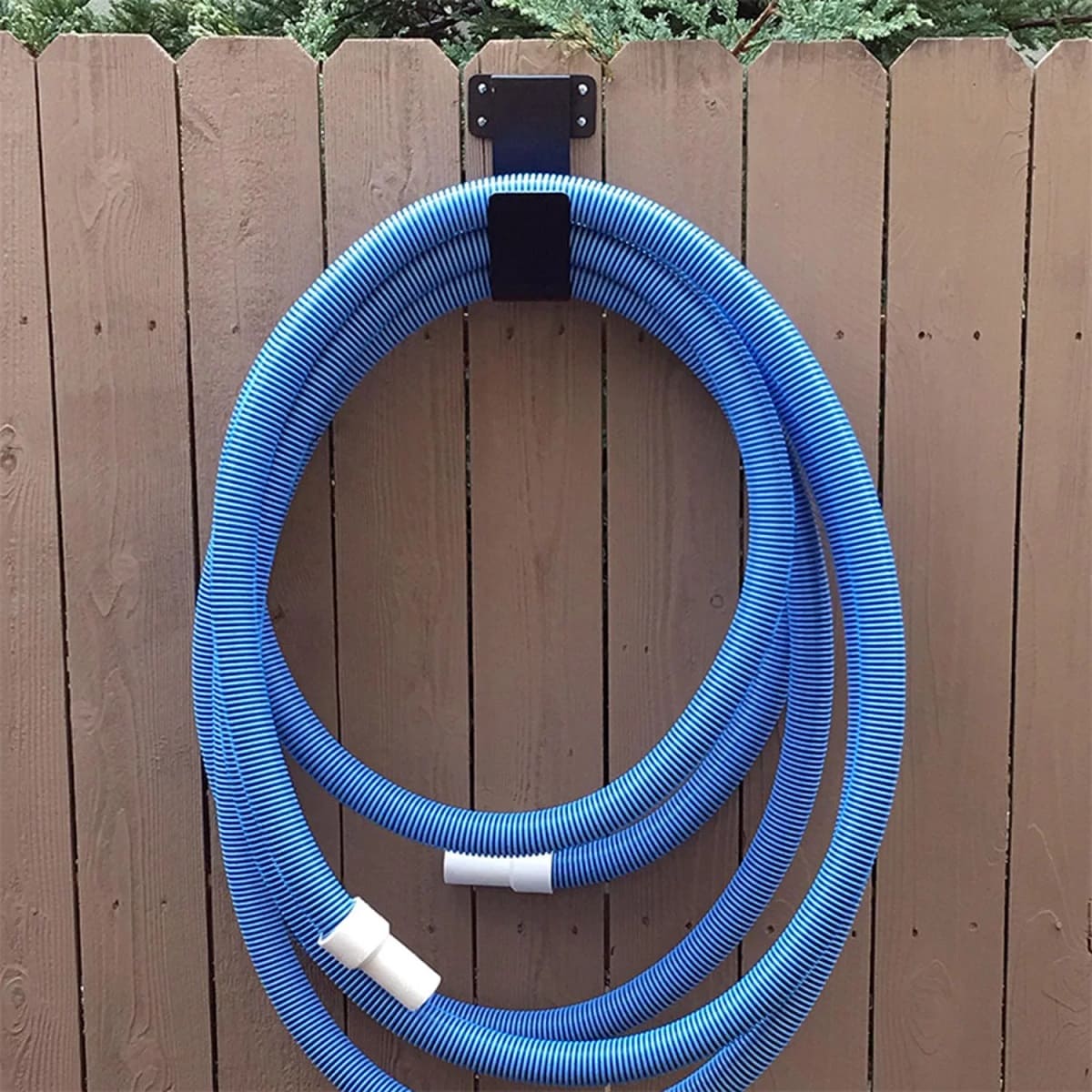
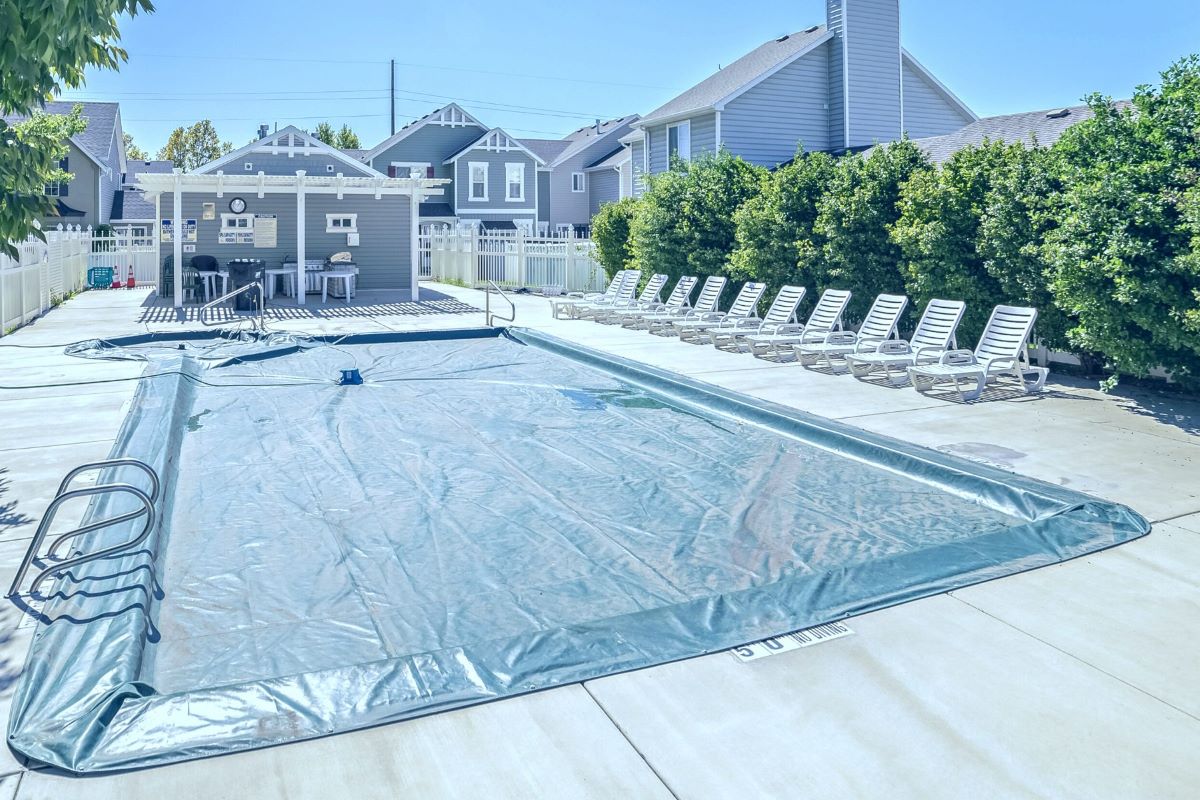
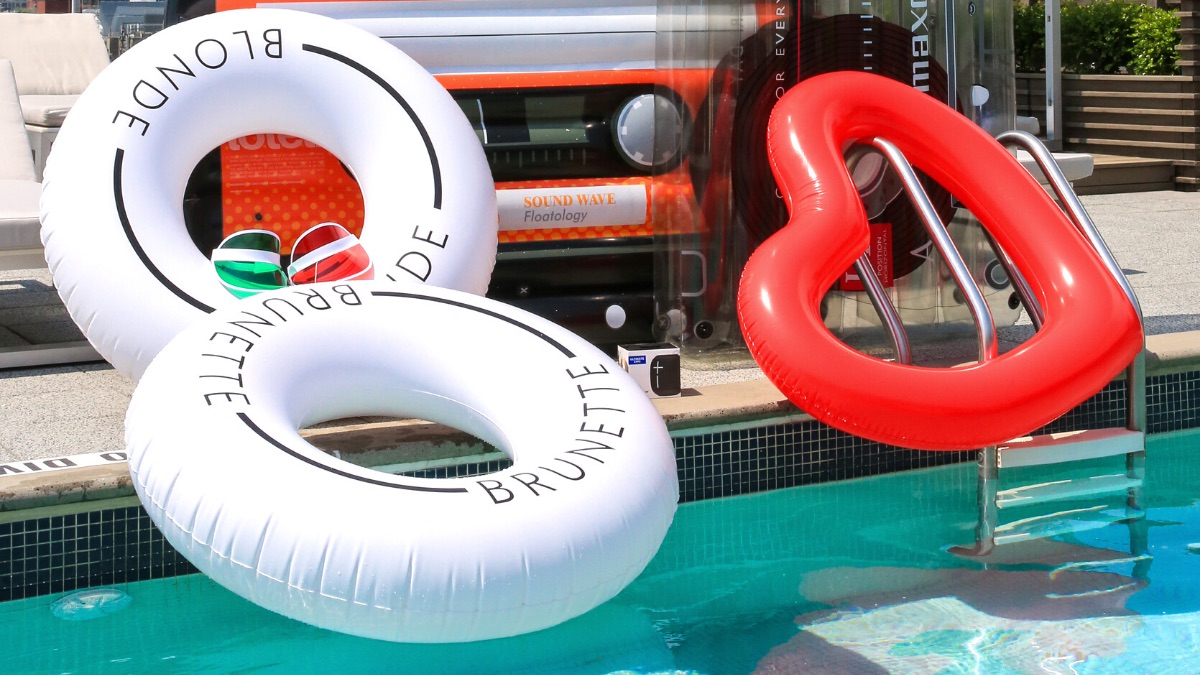
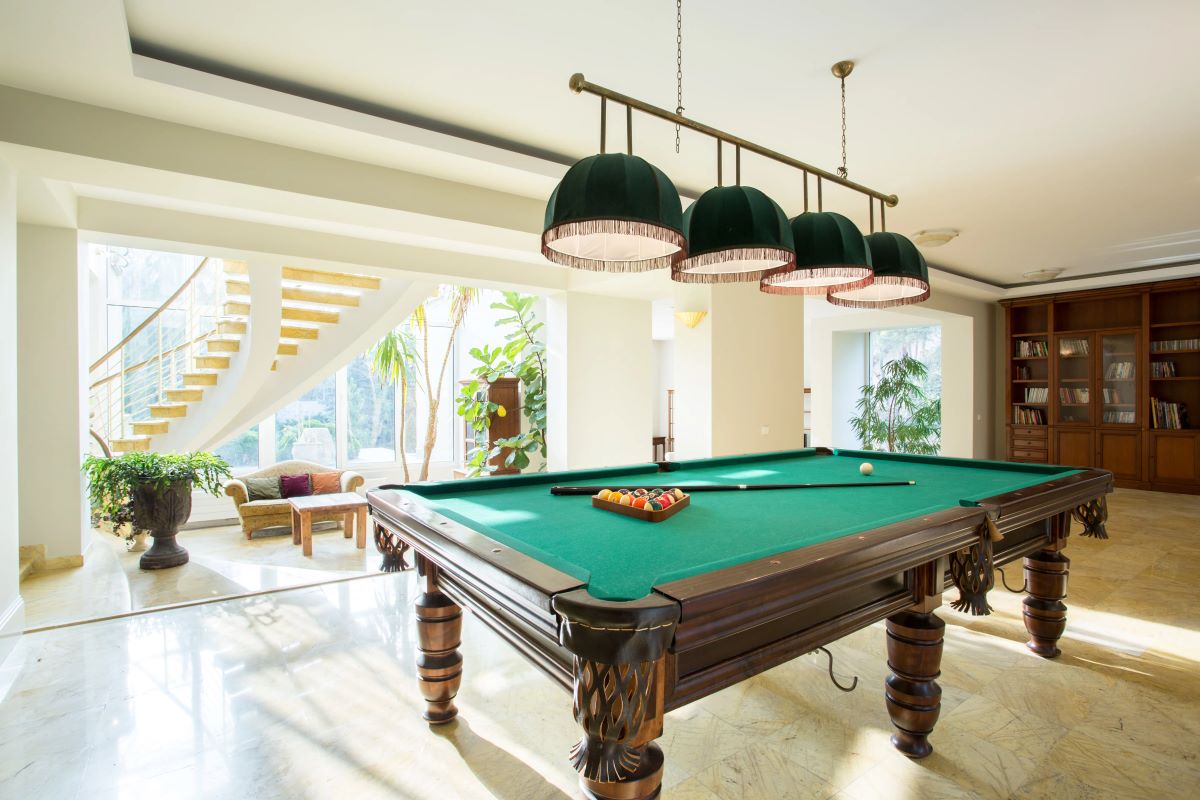
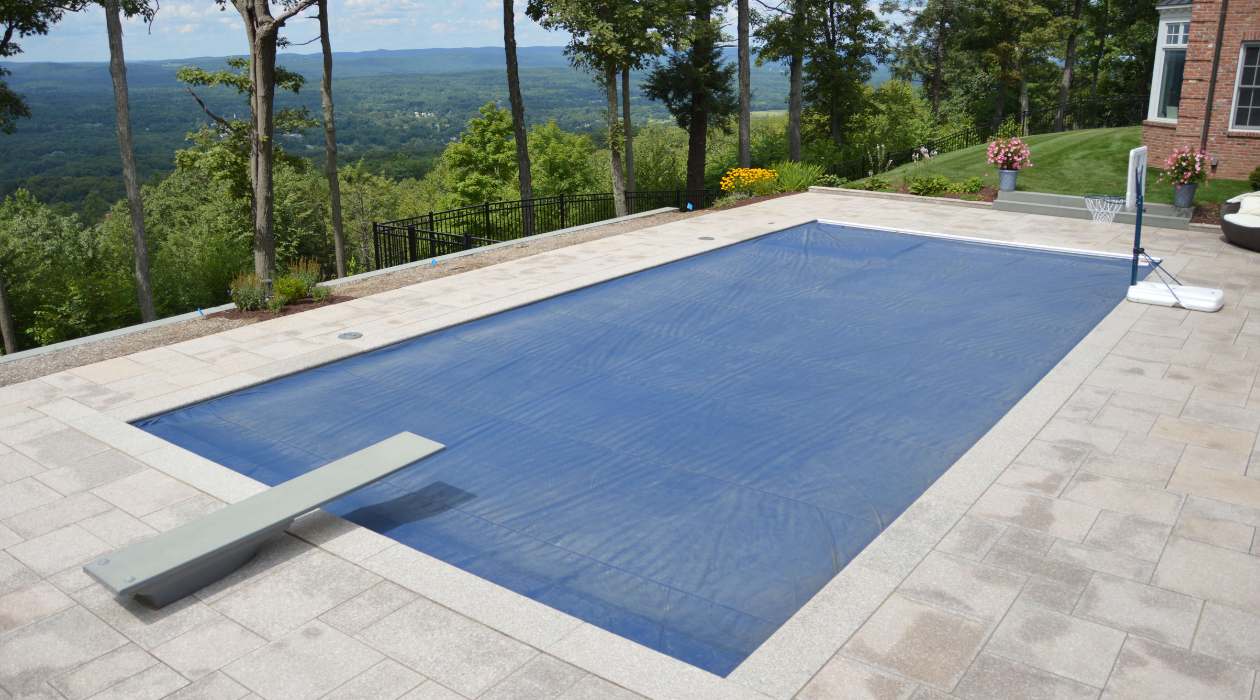
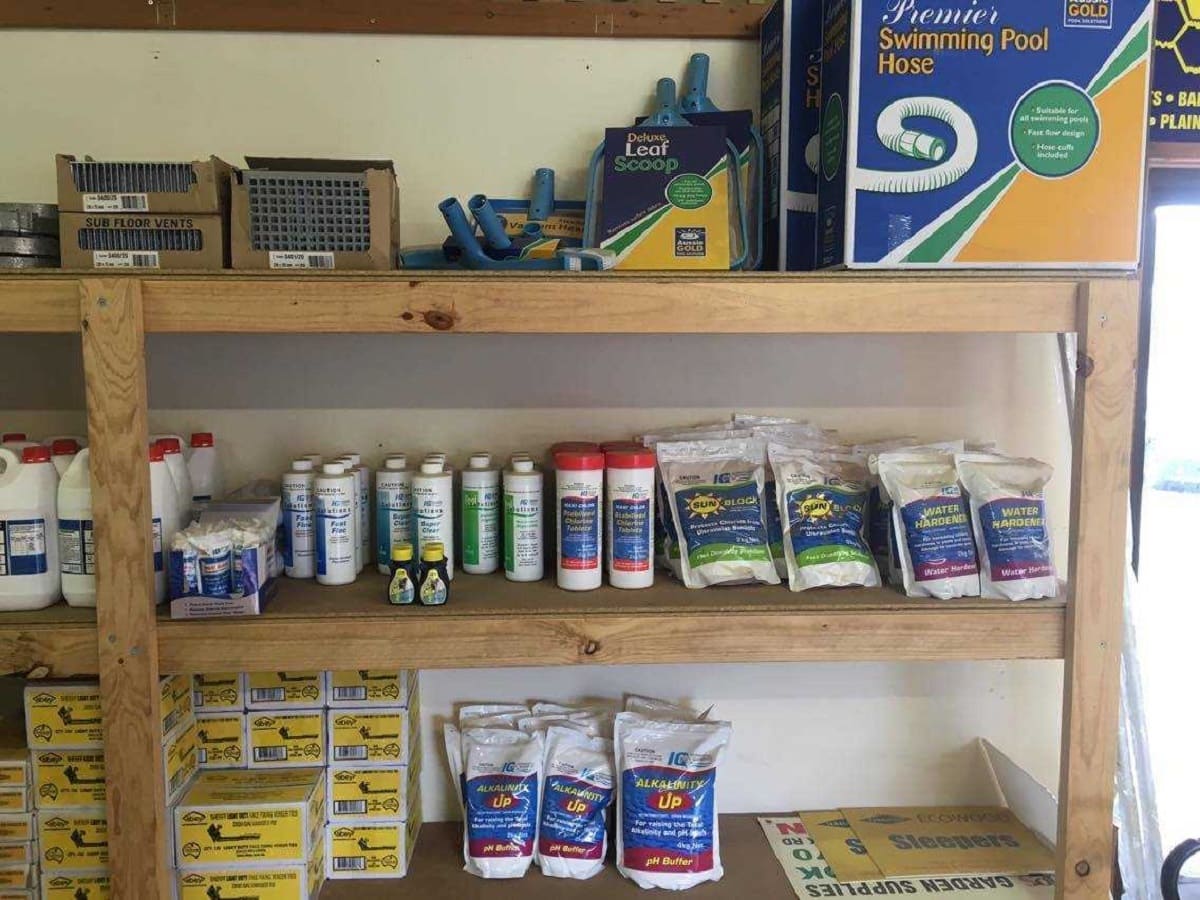
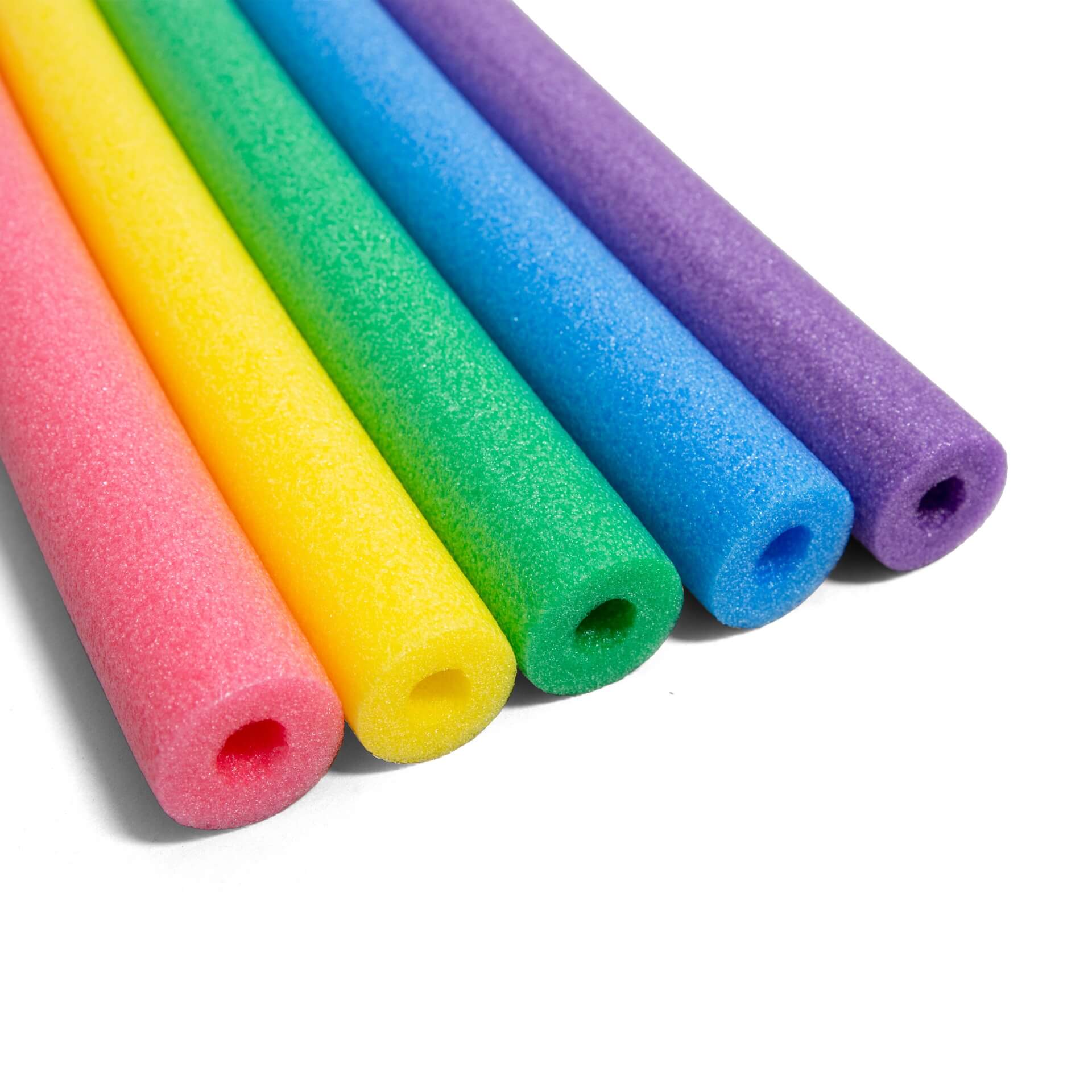
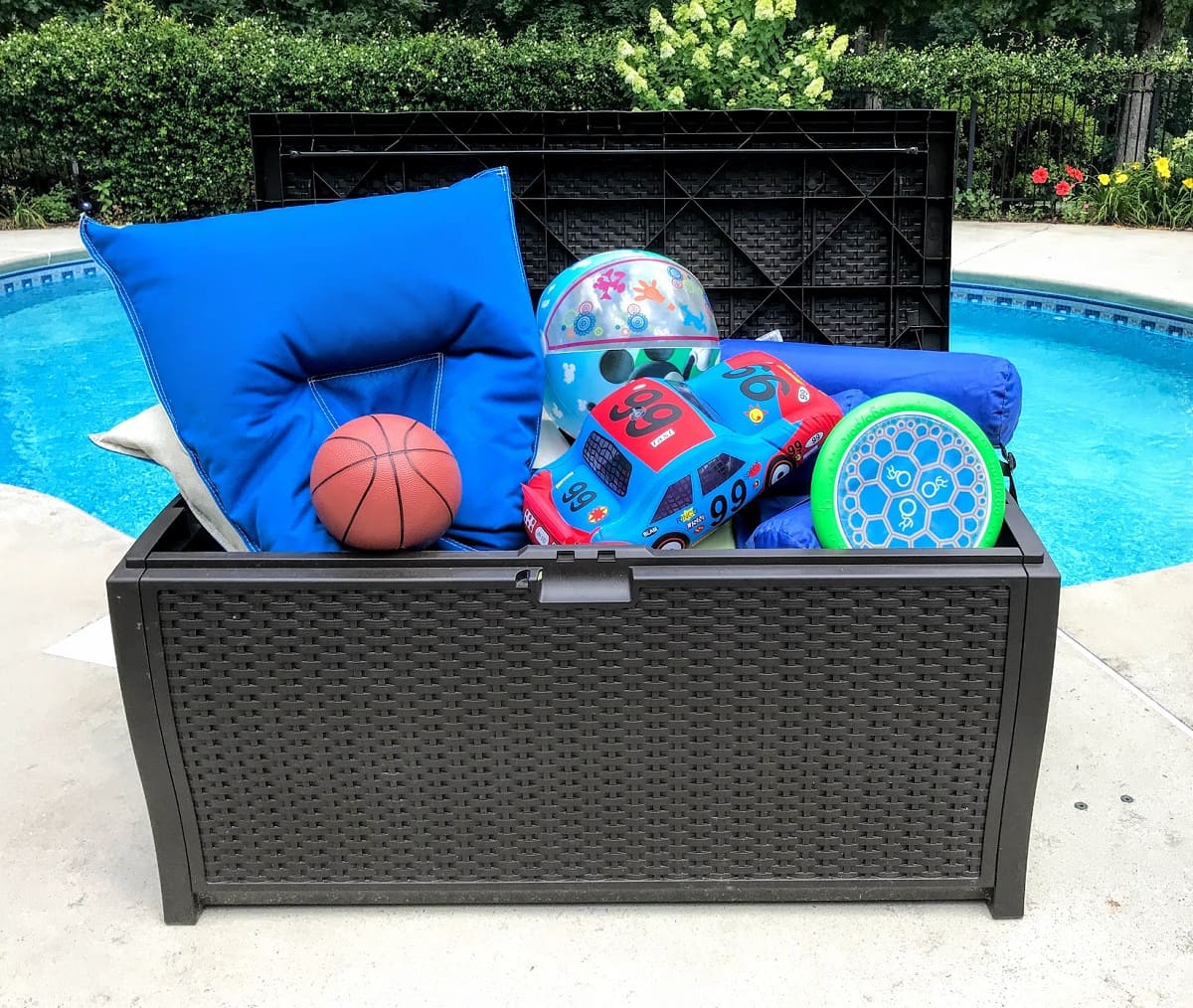
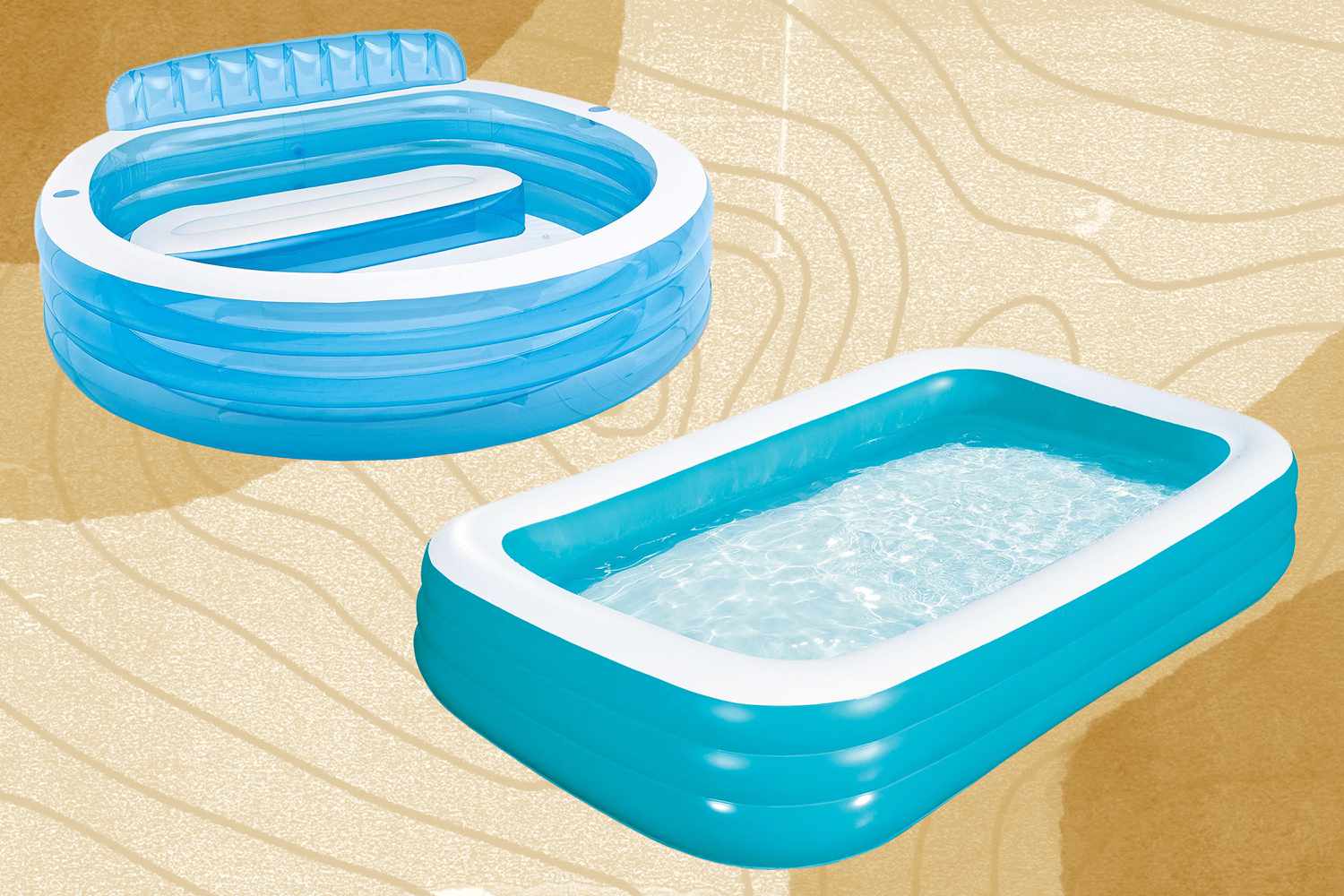
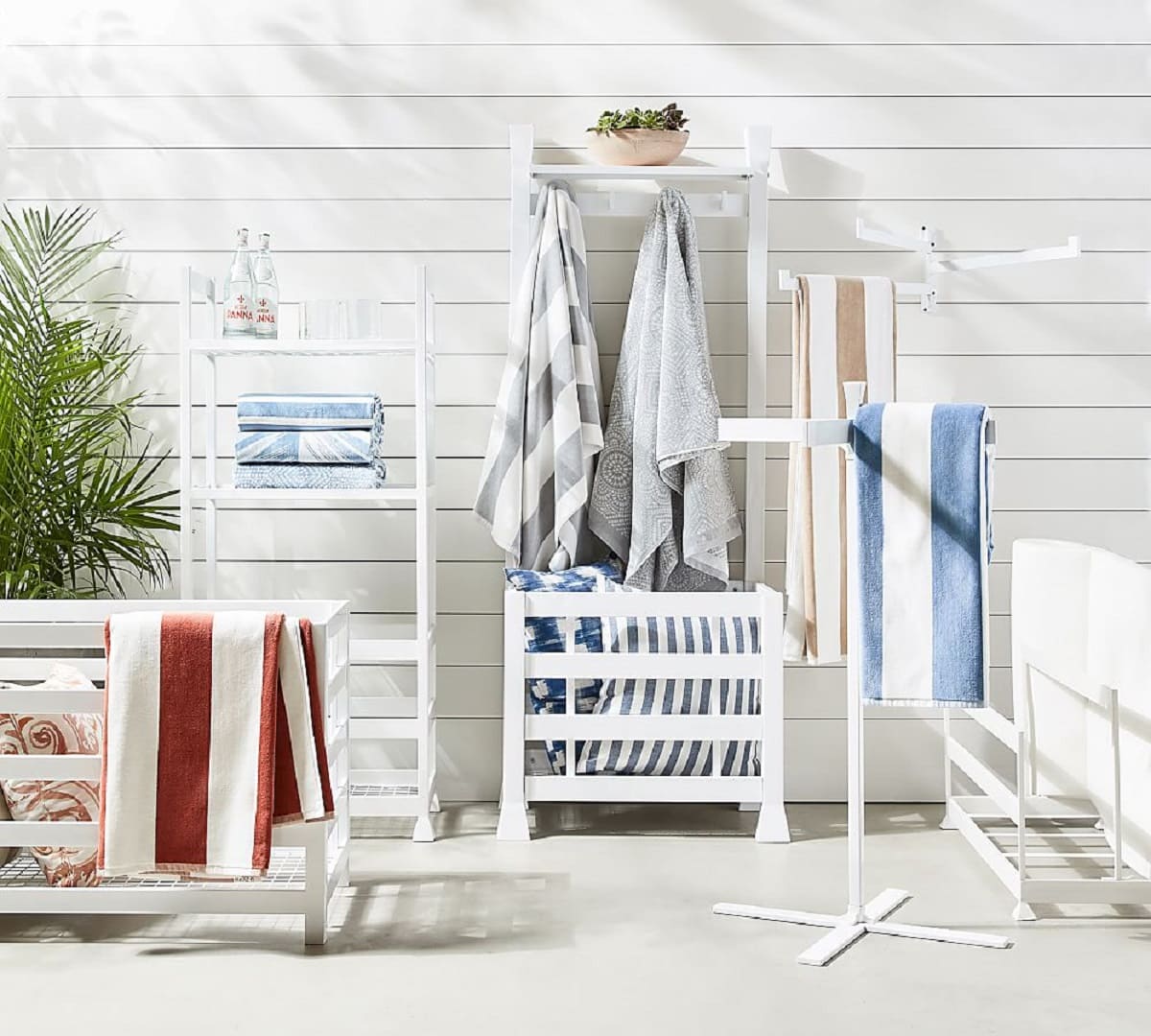
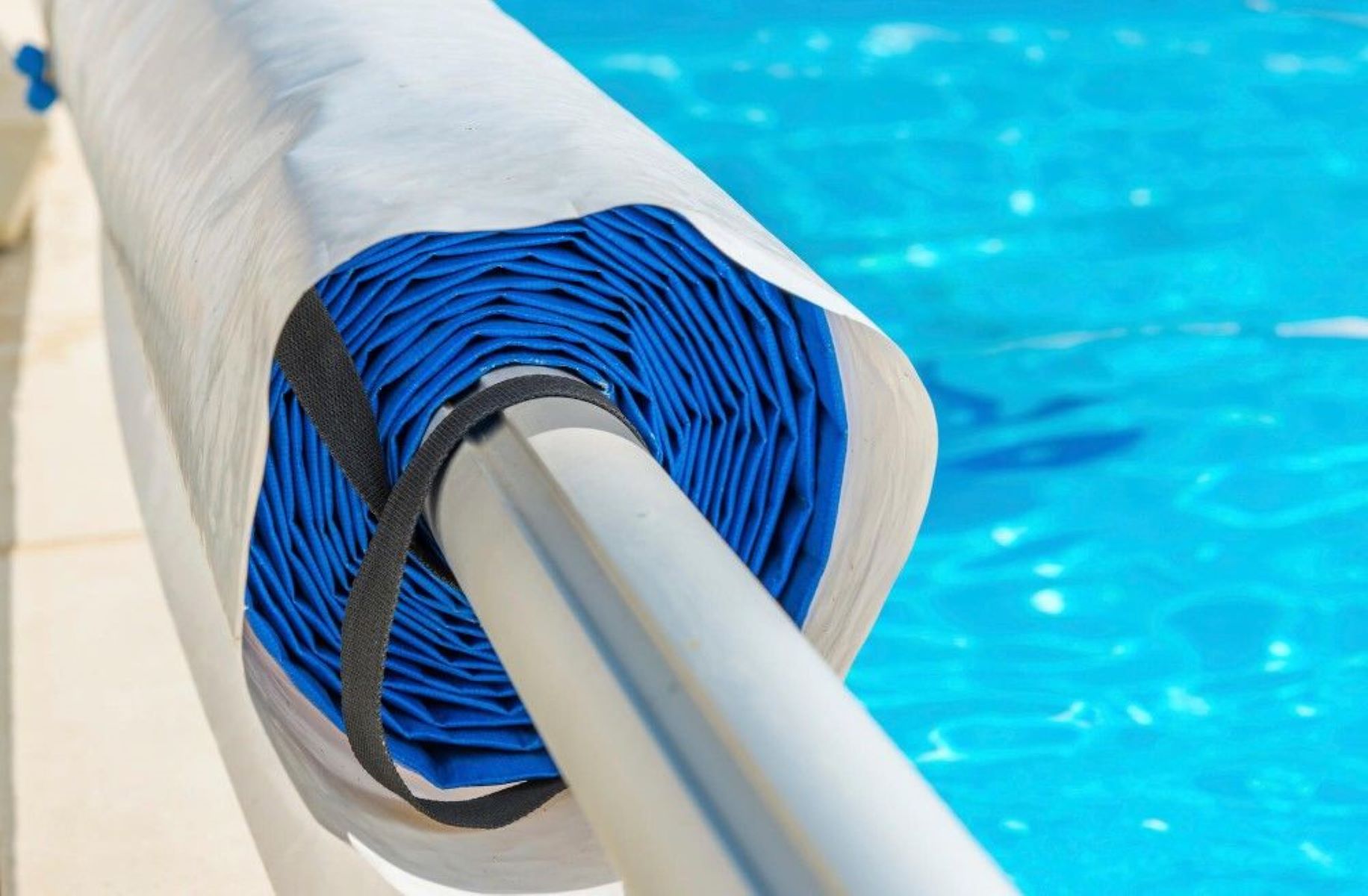
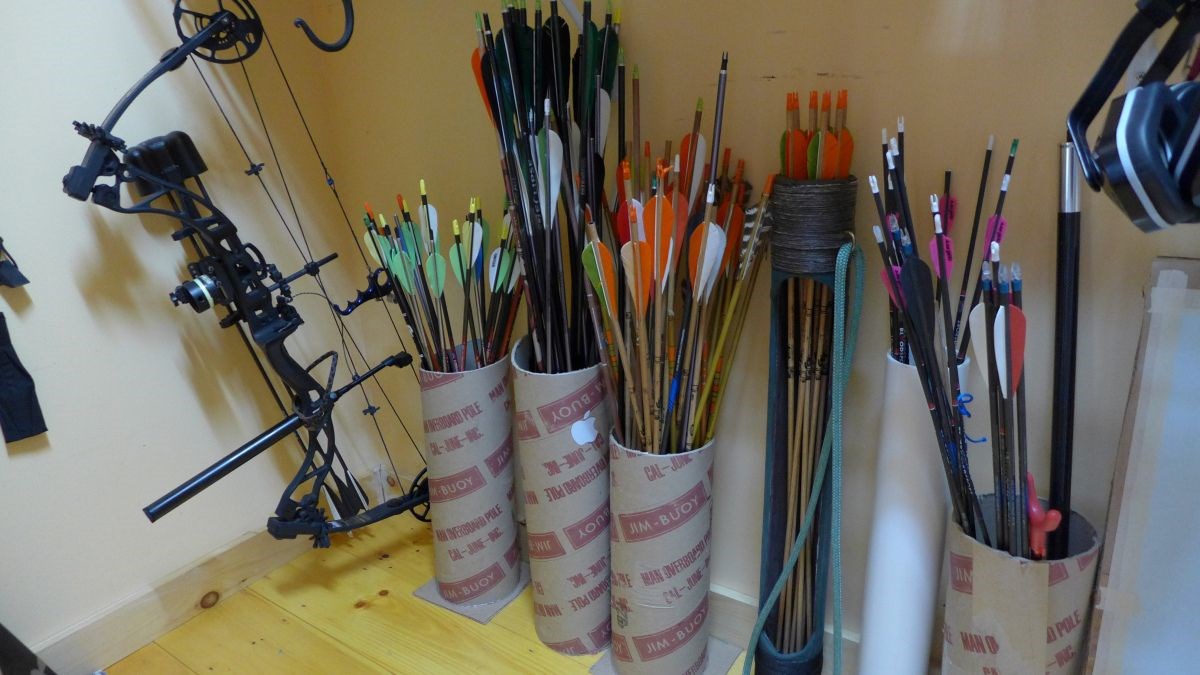

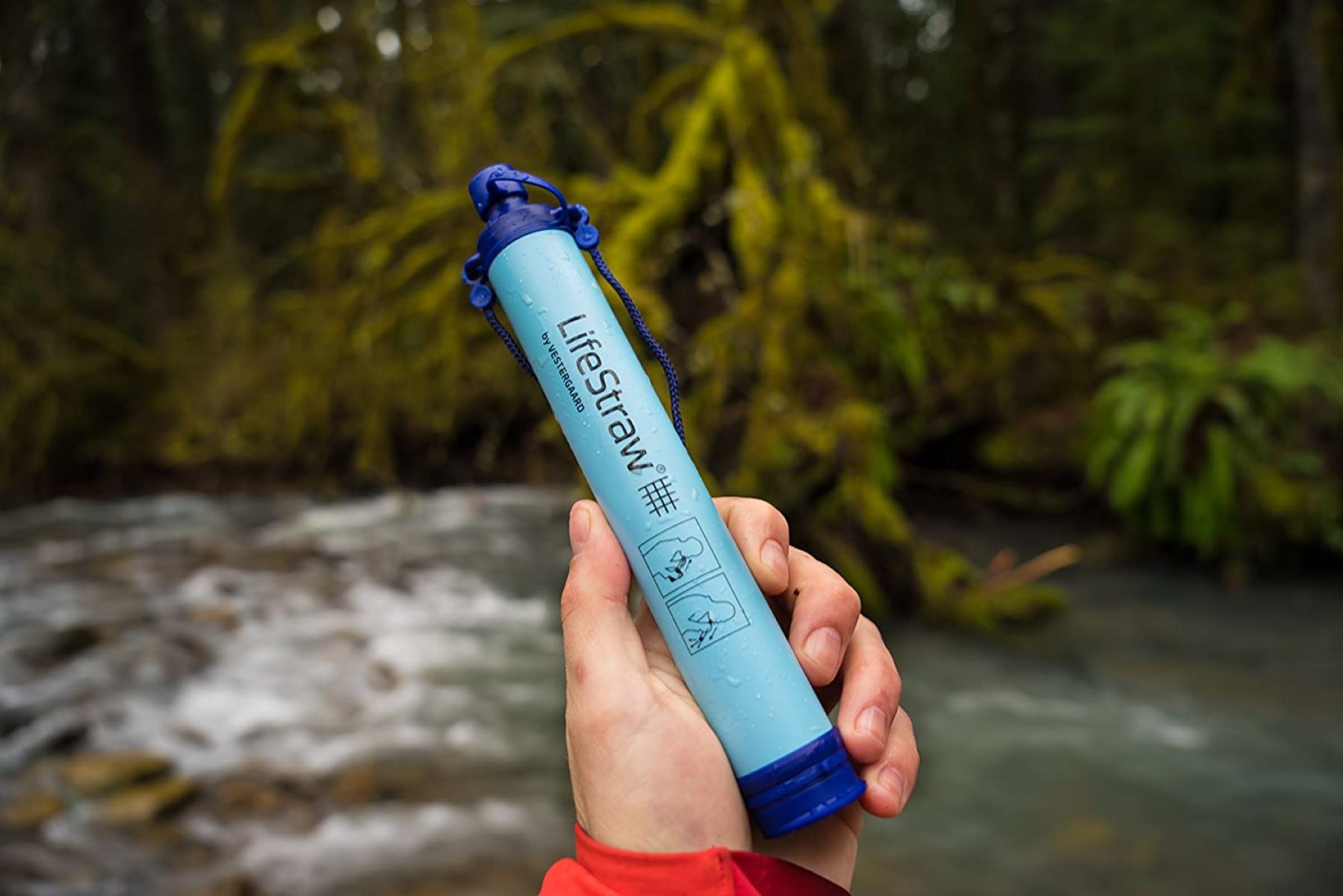

0 thoughts on “How To Store Pool Equipment”